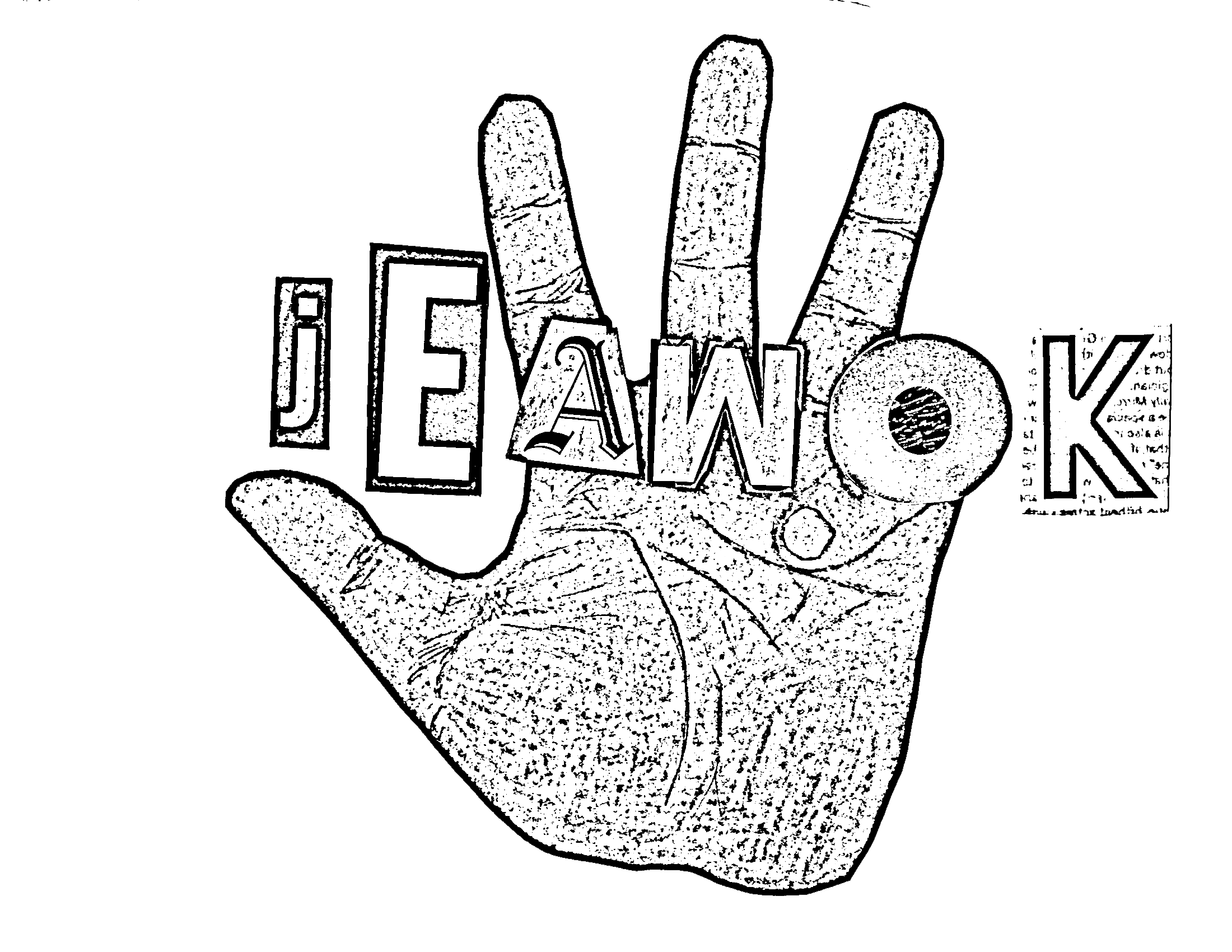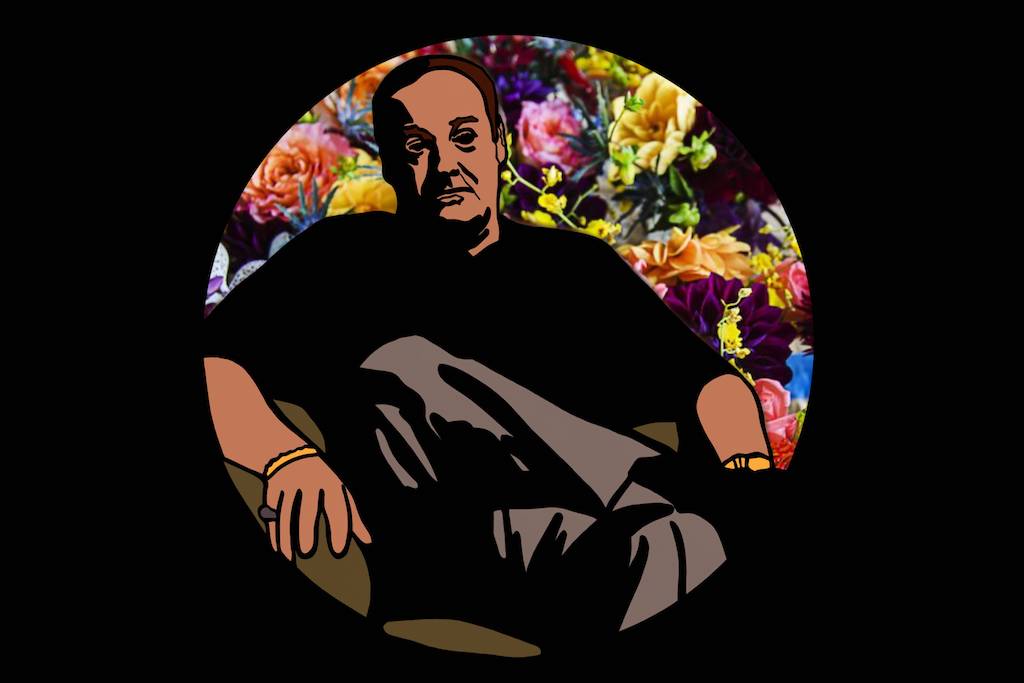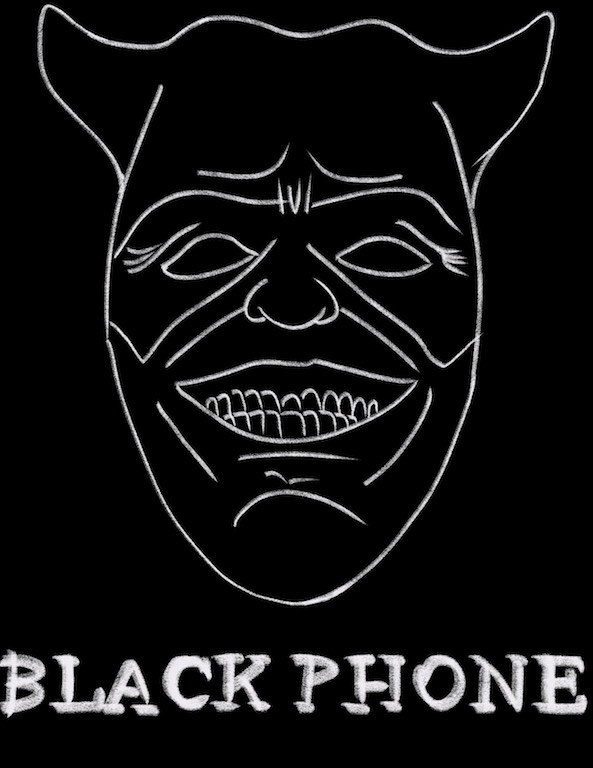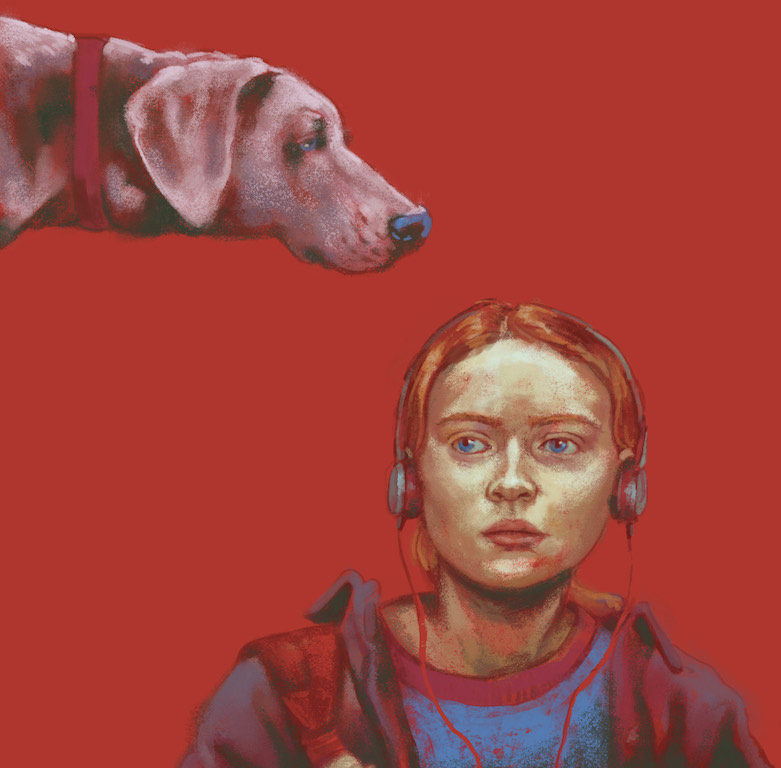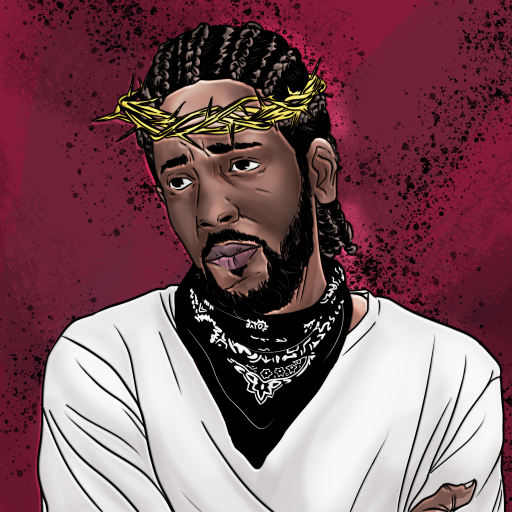The Sopranos on the surface was a mafia drama but it captivated viewership and a cult following by showing the emotional depths of complicated characters put in compromising situations. Contrasting the world of organized crime with the troubled family issues in the life of New Jersey Mob Boss Tony Soprano, played by James Gandolfini, made the show relatable while presenting a powerful character who had to reveal vulnerability to regain control of his life. Culturally, The Sopranos trail blazed a needed conversation about male mental health, depression, addiction, and suicide during a time when these subjects were still considered taboo. Here are three times The Sopranos put a spot light on the male mental health crisis in America.
Tony’s Panic Attacks (“The Pilot” Season 1, Episode 1)
The opening scene of the series is Tony Soprano’s first appointment with therapist Dr. Jennifer Melfi who is assigned to help him deal with his recent issue with panic attacks. He stubbornly holds firm to his ego and the stereotypical machismo that comes with it. Once he begins to open up it becomes evident that Tony is dealing with a midlife crisis spearheaded by issues of ungrateful kids (AJ & Meadow), a displeased wife (Carmella), and a complicated work/life balance. He recounts with Melfi the day when the panic attacks began.
A family of ducks has made the Soprano’s pool its new home weeks before and with time Tony has become attached to the ducklings. That morning his family watches on as Tony jumps in the pool with his robe on to swim with the ducks. Shortly after he is picked up by his nephew Christopher Moltisanti who helps his run “errands” that includes beating up a delinquent gambler who owes him money, meeting with his insufferable mother, and putting the breaks on an attempted assassination at his childhood friend’s restaurant by none other than his elderly uncle and fellow mobster Corrado Soprano or “Uncle Junior”. He is of course describing this as a lighter more downplayed version that doesn’t reveal his true nature of violent outbursts and his role in organized crime, upholding what Melfi calls “Doctor/Patient Confidentiality.”
After this stressful day Tony returns home to help set up for his son AJ’s 13th birthday. While lighting the briquettes and smoking a cigar Tony observes the two young ducklings from his pool fly away causing him to collapse. The pressure of his crime family and real family cause him to fold, triggered by the ducks’ abrupt departure. Melfi thinks that the ducks symbolize his family and children flying away. The idea flooded his brain with all of the other stresses that come with being an organized crime boss. This is exemplified when Tony says “I came in at the end. The best is over” he’s not only talking about the mafia he’s talking about his life.
For me this was the first time I had ever heard of a panic attack let alone seeing a main protagonist suffer one. Tony’s issues are magnified by the show’s creator David Chase who skillfully juxtaposes the taxing, often times hypocritical, traditions of “La Cosa Nostra” and navigating his family to a new millennium. The subtle things Chase adds throughout the series are genius such as Tony’s stress eating or chasing women to help with his low self esteem but most of all how he explodes with anger to hurt the people he loves the most because he himself hurts so much inside. Hurt people, hurt people. Whether it be low self esteem, depression, or self hatred he really digs deep in therapy to try to make himself healthy again throughout the series. Watching the late James Gandolfini in his loadstar performance portray a truly broken character from the inside out is so captivating because it brings your own flaws and vulnerability to the surface.
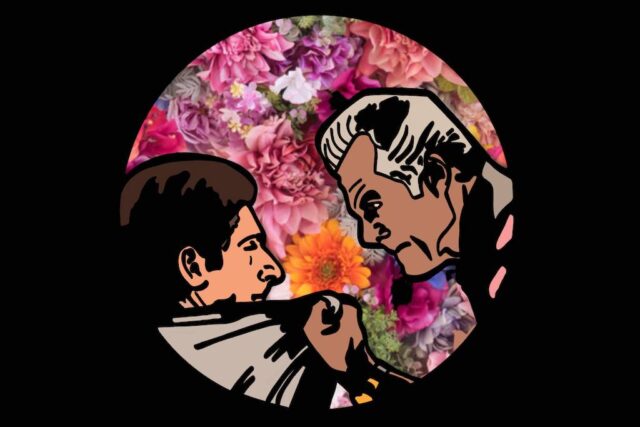
Christopher Goes to Rehab (“The Strong, Silent Type” Season 4, Episode 10)
In this episode you see Tony’s nephew Christopher Multisanti hit rock bottom caused by his insatiable addiction to heroin. It begins with him shooting up and accidentally sitting on his fiancé Adrianna’s dog Cossette causing the dog to break her neck and suffocate under his drug dazed body. Throughout the episode his spiral continues downward as he misses a drop of some stolen flat screen TV’s to Cappo’s Silvio and Paulie while looking to score some H in the ghetto where he gets beaten up and robbed in the process. Upon his arrival back at his apartment he is greeted by a concerned Adrianna who suggests rehab, this makes Christopher explode and beat his Fiancé weeks before their wedding. A truly gut wrenching scene. Ade runs to one of her best friends in Carmella (Tony’s wife) to ask for council and come clean about Christopher’s addiction. Tony arrives and after much discussion they all agree that Chris needs help. This leads to one of the most infamous scenes in the entire series, the intervention.
His intervention is unique because it not only has his real family present but also his crime family. At a first glance the scene is comedic from the hilarious one liners from Paulie and Silvio but underneath it all it reveals the old school attitudes towards addicts as well as how much is misunderstood of this rampant disease. “You’re an embarrassment to yourself and everybody else!”, Paulie exclaims. The usually understanding voice of Silvio says his piece and calls Chrissy “disgusting.” Like most addicts Christopher brushes it off and goes on the attack, launching personal assaults on everyone in the room. It ends in a fist fight and Chris needs to go to the E.R. for a head injury where Tony tells him that the only reason he’s still alive is because he’s family and he’s very dear to him, but it’s also made clear that if he doesn’t go to rehab and get clean, he will kill him.
Upon arrival at the rehab when his bag is getting checked he meets his councilor who greets him with “Congratulations, you got here dude. That’s the hardest part.” Sadly, a male asking for help still comes with a negative connotation of being weak, especially 20 years ago. In American Society, we’re supposed to pull ourselves up from our own bootstraps – especially in male culture. Post rehab Chris is sublimely portrayed: the ups and downs, feeling left out, the addiction always being right there under the surface, etc. Chase continues to bring characters that are flawed to the forefront of his story, showing the audience that money and power are not a cure all. Christopher’s story is a tragedy, an eternal struggle between light and dark, and even though it is ultimately Tony that kills him, I believe it is because he finally had gone too far with his drug use. He could never be trusted by Tony again.
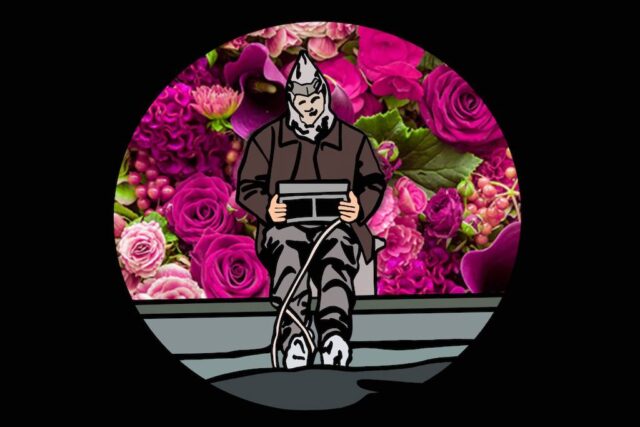
A.J.’s Suicide Attempt (“The Second Coming”Season 6B, Episode 7)
This episode being close to the series end is fitting because this is one of the climactic moments in the Soprano’s family arc. Anthony Jr. or A.J. played by Robert Iler is plagued by the generational Soprano curse of depression. We find him in therapy where he is prescribed Lexipro to help him with his struggles. This comes after going through a serious breakup with what he believes to be the love of his life. He spirals down a rabbit hole of hanging out with the wrong crowd, witnessing extreme violence in the form of an acid attack, and the racially charged beating of an African foreign exchange student. At the same time, he becomes wrapped around the 24-hour news cycle centered around the Iraq war while studying philosophy in college, most importantly the existential poems by William Butler Yeats where the episode gets its name from. There is a meeting between him and his sister Meadow (Jamie-Lynn Sigler) that foreshadows his extreme condition. He goes on about the state of the world, how Bush is going to bomb Iran, and asks “what’s the point?” Finally, he comes clean and tells Meadow that he has dropped out of college, leaving him temporarily feeling as if he does not have purpose. The next day he and the rest of his family get up and ready as if it were any other day, (Carmella cooking Lincoln log sandwiches, Tony complainin’), then it takes a dark turn.
It fast forwards to A.J.’s tennis shoes dangling into the pool. As the camera pans back we see him sitting on the diving board holding a cinderblock in his hands as well as a plastic bag. He puts the bag over his head, ties it with a rubber band, throws the cinderblock into the water, and jumps in. Once underwater he removes the bag and struggles to swim to the surface of the water where he screams “Help! Help! Help!” He knows he’s not ready to die. Luckily, as fate may have it, Tony is returning home just in time to hear his screams. Tony walks out the back door to see his son floundering in the pool. At first he’s puzzled but once he realizes that this is an emergency he jumps in the freezing pool without a moment’s hesitation. He drags his son and the cinderblock to safety. At first Tony goes to his default emotion in rage but once he realizes the gravity of the moment he immediately morphs from the towering mob bass to an understanding father. Gandolfini, in one of the show’s darkest scenes, shines as the tender soul that he was in real life. The following scene shows a drugged up A.J. being wheeled down a hospital hall way, Carmella is beside herself while the rest up the family walks with empty intent. Word gets around fast and the rest of the episode is the family picking up the pieces while dealing with the world around them. That includes the Tony’s mob associates.
In real life suicide is a true tragedy that leaves destruction in its wake for the family of the deceased. Guilt, inadequacy, and regret highlight a flood of confusing emotions. Tony confides in his own therapy with Dr. Melfi asking, “Where did I lose this kid?” Carmella becomes defensive and blames Tony’s family. Chase masterfully illustrates a family picking up pieces of themselves and of a damaged life. While suicidal thoughts come and go, it is important to remember they are not permanent and they will pass. Ultimately, I see A.J.’s attempt as an extreme cry for help, facing a life without purpose. It seems that those final words he hears from his grandmother in her hospital bed have continued to haunt him to this day: “It’s all a big nothing. In the end your friends and family will let you down. You die in your own arms.” Not only does A.J. have to live up to the image of his father, he also views the world as meaningless. In his mind, suicide was his only way out.
Final Word
In storytelling it is important to have characters with flaws, it makes them real. David Chase shining a light on a problem that touches us all directly or indirectly was extremely important in starting the conversation that can lead to people getting help. According to the World Health Organization, “Depression is a common mental disorder. Globally more that 264 Million people of all ages suffer from it.” For many males searching for help was never an option. When it comes to drugs, especially opiates, the problem has gotten worse since the show has come out. In fact, America is in the midst of a full on epidemic. Statistically only 10% of people who ever deal with addiction end up receiving help. This leaves many people without resources or the option to seek treatment.
This show, however extreme in its nature, finds a way to be relatable by presenting characters who have been taken to the edge of their own existence. It goes to uncomfortable places to show us who we really are inside. Bringing light to subjects as dark as suicide made the Sopranos real, gritty, and timeless. Pioneering a show that trusted the ability of the audience to see within themselves and think about the human condition is one of the reasons that makes The Sopranos so unique, relevant, and timeless.
